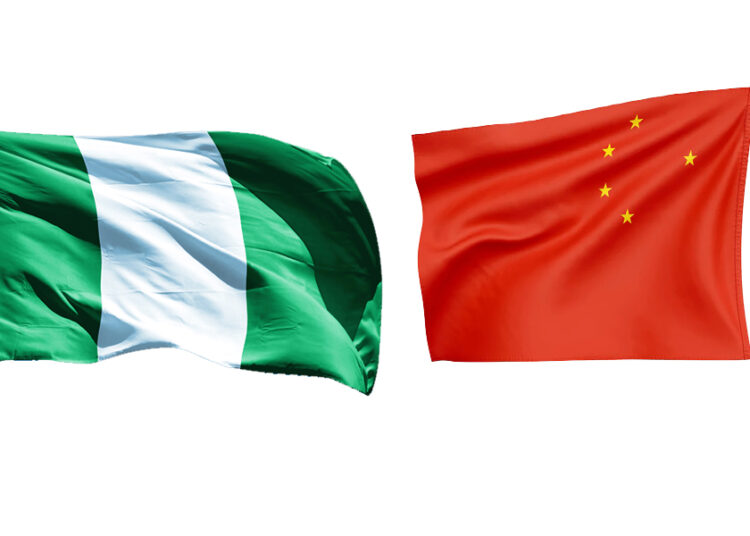Federal Ministry of Foreign Affairs has endorsed China’s Global Governance Initiative (GGI), describing it as a timely platform to address pressing challenges in global order.
The GGI held in Abuja, jointly convened by Nigerian academics and Chinese officials, called for urgent reforms in international institutions to make global governance more inclusive and reflective of the interests of the Global South.
The call was made at a high-level seminar on the Global Governance Initiative (GGI) held in Abuja, jointly convened by Nigerian academics and Chinese officials.
In a statement signed by the ministry’s spokesperson, Kimiebi Imomotimi Ebienfa, Nigeria expressed appreciation to China for launching the initiative.
“Nigeria particularly welcomes the initiative’s emphasis on five foundational principles: sovereign equality, rule of law, multilateralism, people-centered governance, and results-oriented action. Through its support for the GGI, Nigeria reaffirms its strong commitment to a more just, inclusive, and effective international order that reflects all peoples‘ aspirations and upholds the principles of shared responsibility and mutual respect.”
Mrs. Dong Hairong, counsellor at the Embassy of the People’s Republic of China in Nigeria, explained that the GGI, alongside the Global Development Initiative (GDI), the Global Security Initiative (GSI), and the Global Civilisation Initiative (GCI), forms part of China’s vision for “a community with a shared future for mankind.”
“At a time of geopolitical tensions, economic uncertainties, and public health crises, the world needs a governance system that is fair, equitable, and inclusive,” she said.
She added that Nigeria and African nations have shown strong alignment with these principles, stressing that China remains ready to partner with Africa to reform international financial systems, strengthen multilateral institutions, and amplify the voices of the Global South.
In his keynote address, Prof. Sheriff Ghali Ibrahim, director of the Centre for Contemporary China-Africa Research, situated the GGI within historical and philosophical traditions of governance. He traced ideas of world order from Thomas Hobbes to Immanuel Kant, highlighting their relevance to today’s debates on sovereignty, peace, and cooperation.
Prof. Udenta Udenta, director-general of the Africa Writers Institute, and Dr. Muhammad Sani of Baze University, in their separate interventions, argued that Africa cannot remain at the margins of global decision-making.
“Africa must insist on greater representation in the Security Council and global financial institutions. The historical injustices of exclusion must be corrected if global governance is to be truly inclusive,” Udenta noted.
The participants agreed that while global governance reforms may be slow, sustained cooperation between China, Nigeria, and other African nations could accelerate progress. They described the GGI as both an opportunity and a challenge, an opportunity to correct imbalances in the global order and a challenge to ensure that developing nations seize their place in decision-making.





